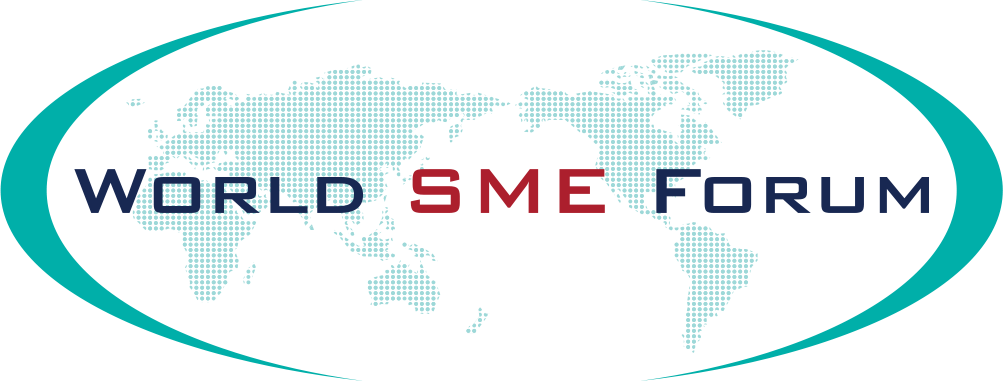WSF Mission
The mission of WSF is to improve the overall growth and impact of small and medium enterprises (SMEs) globally. WSF aims to provide SMEs with effective representation, ensuring that they can compete fairly. Partnering with international financial institutions, development agencies, SME-related associations, and chambers, WSF will promote the vital role of SMEs in the global economy; represent them in international bodies and to standard setters that either directly or indirectly affect SME performance and development; and help SMEs achieve sustainable efficiency and competitiveness to reinforce their contribution to economic growth, employment and development.
Intro Video
History
The Turkish Government has championed economic inclusiveness as one of the key priorities for its G20 Presidency. In cooperation with the Turkish B20 Chairmanship under the leadership of the Union of Chambers and Commodity Exchanges (TOBB), the launch of the World SME Forum (WSF), delivers a major new initiative to drive the contributions of small- and mediumsized companies (SMEs) to global economic growth and employment. To this end, the Turkish G20 formally announced SMEs as one of the focal points of its Presidency.
The WSF will amplify the voice of SMEs and unlock their potential to stabilize the economy and stimulate economic growth, trade and employment. The WSF is designed to be an enduring platform contributing to the G20’s overall mission for sustainable global economic growth. WSF was incorporated in May 2015, and officially launched its operations at the B20/G20 meetings in Ankara in September 2015.
In November 2015, G20 leaders welcomed the establishment of WSF in their Antalya Summit communiqué. Since its inception, WSF has been participating in the B20 SME, and Trade and Investment task forces as business network partner, and as member and has been actively contributing to SME policy agenda, as well as advocating for SMEs globally.
Context
Small- and medium-sized enterprises (SMEs) account for 60 percent of the global workforce. They are important for social stability, equitable growth and poverty alleviation, and form the backbone of the working middle class in most countries. The SME sector is vital to the world economy, and small business is the powerhouse of employment, innovation and entrepreneurial spirit. WSF support to SMEs to deliver even small productivity gains can have large positive ripple effects on GDP growth and jobs.
Nonetheless, there is widespread recognition that the potential for SMEs has not been fully realized, due to:
- Dearth of official SME representation and advocacy both at a country and international level;
- Lack of targeted supporting facilities that are able to deliver vibrant technical skills and expertise essential to well-functioning of SMEs;
- Lack of effective mechanisms to link promising SMEs to potential markets and Global Value Chains (GVCs).
The WSF will provide SMEs with effective representation, ensuring that they can compete fairly, in both domestic and international markets. Partnering with International Financial Institutions, development agencies, associations and chambers, the WSF will advance the recognition of the SME role in the global economy. It will aim to be represented in international bodies that either directly or indirectly affect SME performance and development. In addition, the WSF will help SMEs achieve sustainable efficiency and competitiveness to reinforce their contributions to economic growth, employment and development.
The WSF aims to take a leadership role in major international events related to SMEs, and deliver state-of-the-art knowledge accessible by SMEs all over the world— utilizing advanced communications, digitization, and broadband to maximize reach.
Context
- Not-for-profit
- Global and independent
- Demand-driven, supply enhancing, and pragmatic
- By private sector, for private sector
WSF’s Focus and Approach
Advocacy and Research
WSF represents the interests of the global community of SMEs at international governmental bodies such as the Group of Twenty (G20), Business Twenty (B20), Asia-Pacific Economic Cooperation (APEC), and Association of Southeast Asian Nations (ASEAN); global standard setting entities such as the Financial Stability Board (FSB); and relevant United Nations bodies.
Advisory Service
WSF offers advisory services and technical assistance to chambers of commerce and SME associations on standards, certification, credit reporting and scoring, and linkages to global value chains.
SME.Market – One Stop Shop for SMEs
SME.Market will provide SMEs with digital access to finance, markets, global value chains, networks, innovation, skills, training, expertise, and information.
